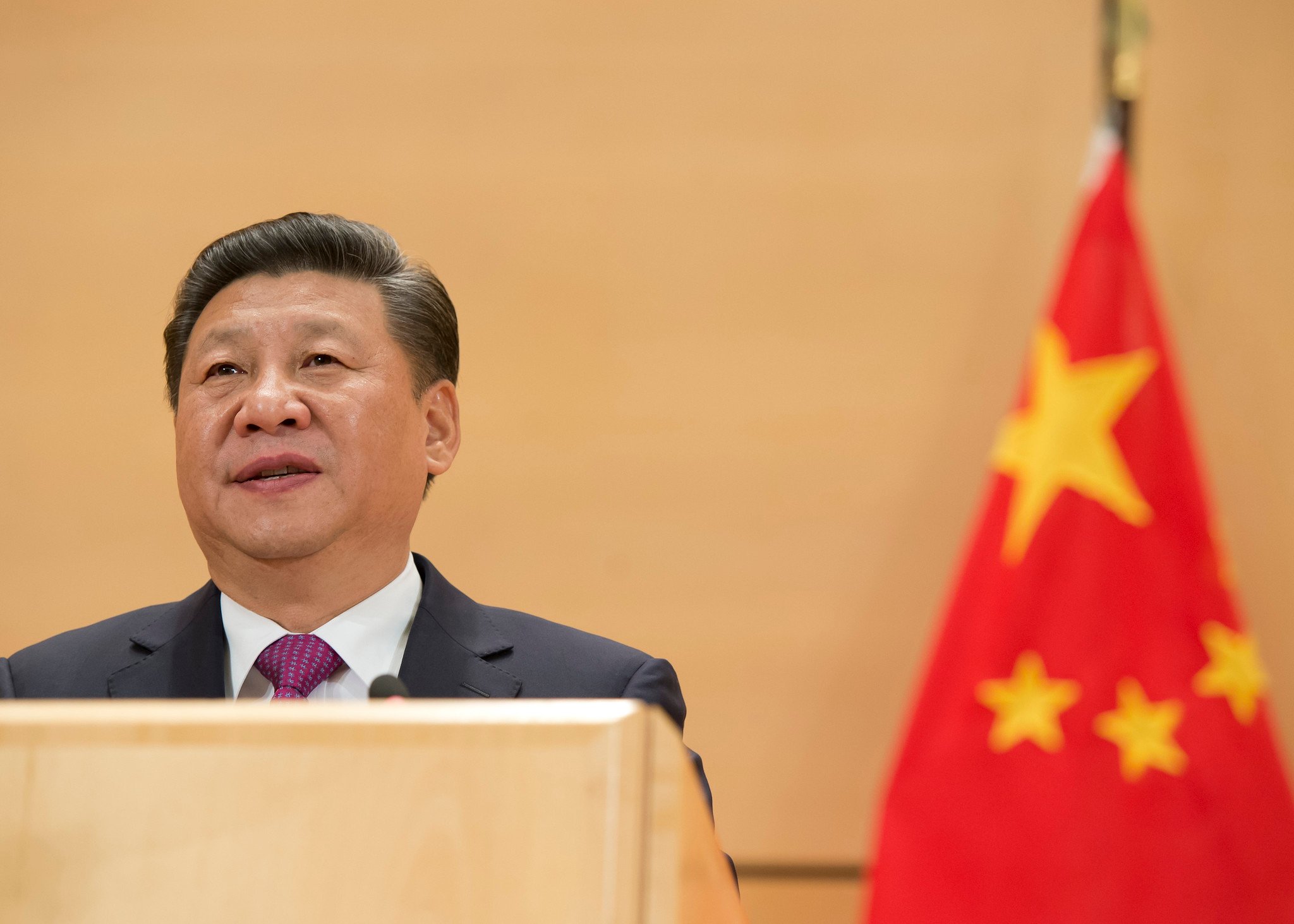
The U.S. ambassador to China is hopeful relations between Washington and Beijing will continue to improve in military-to-military communications and cabinet-level exchanges on key issues such as trade and cracking down on fentanyl precursor exports, but “we need to see how things develop.”
Speaking at the Brookings Institution Friday, Nicholas Burns said “hopeful is different than being optimistic.” He added, “I think we’re systemic rivals,” but the relationship between the two largest economic and military powers “is the most consequential” either nation has and will remain so well into the 2030s.
In answer to a question, Burns said since his confirmation as ambassador, U.S –China relations have “been a roller-coaster ride.” He mentioned the COVID-19 lockdowns in China, the Chinese spy balloon drifting across North America and the uproar following former House Speaker Nancy Pelosi’s visit to Taiwan as major factors leading to “the lowest point” in relations between the two nations.
“We didn’t have channels to communicate” at almost every level, said Burns.
Despite the appearance of an upswing in relations, Beijing under President Xi Jinping hasn’t stepped away from its push to become “the greatest power” in the Indo-Pacific, he said.
Security flashpoints Burns cited were the South China Sea, the waters around the Senkaku Islands in East Asia and the Taiwan Strait – a critical waterway for international trade.
“Technology has become the heart of the battle,” Burns said in his opening remarks. “We don’t plan to be No. 2” in artificial intelligence, machine learning and other software advances and chip manufacturing. He said these are areas in which China’s dual uses in the civilian economy and the People’s Liberation Army pose a direct threat to the United States and its allies and partners.
Burns added that “critical to the United States [in competing with China across a broad front] is our historic alliances.” In East Asia, he mentioned Tokyo’s and Seoul’s new era of cooperation on trade and security. Other alliances, such as the one with the Philippines that includes a commitment to protect its territorial integrity from China and Australia, opens possibilities for future operations to show Washington’s commitment to security in the Indo-Pacific.
“India is choosing to have a relationship” with Washington, Tokyo and Canberra by participating in the Quad on areas of mutual interest. That involvement “is a very important development” for security and commerce in the Indo-Pacific, Burns said.
While so far China has not sent munitions and weapon systems to Russia in its war with Ukraine, the closer relationship seen between the two countries in joint exercises and patrols and new trade arrangements concerns Washington, NATO and the European Union, he said. “It appears the Chinese are very heavily tilted toward Russia.” Burns added Chinese media blame the Russia-Ukraine war on the United States’ and NATO’s eagerness to expand the alliance eastward.
The Chinese government has not pressed the Kremlin to end the conflict that began with the February 2022 invasion.
Likewise, Burns added, Chinese media blame Washington for the war between Hamas and Israel. On Oct. 7, several thousand Hamas fighters crossed the border from Gaza and launched a bloody attack on Israeli citizens living nearby and at a music festival. He said despite Senate Majority Leader Chuck Schumer’s request to Beijing for a condemnation of the attack, “we’ve not seen that.”
Schumer was leading a congressional delegation in Israel when the attack began.
“We need real work” from China to help the United States put an end to the war, not a Beijing “wish” to have more influence in the Middle East.
“China’s goal is to dominate” in key industries of the future like wind and solar energy, batteries, AI and machine learning, Burns said. The United States and China have just begun renegotiating the terms of the 1979 reciprocity agreement on scientific advances. The pact, written during the Carter administration, “did not anticipate” artificial intelligence, machine learning and quantum computing, Burns added.
Looking at the areas of agreement reached between Xi and President Joseph Biden at their recent meeting in suburban San Francisco, he said the “test will be if this will continue” in China’s crackdown on fentanyl precursor production and opening military-to-military talks as ways to expand cooperative arrangements in food security, climate change and public health.
The administration’s goal is “derisking, ” the relationship, but not “decoupling” in areas from climate to public health, to trade and student exchanges and tourism.





